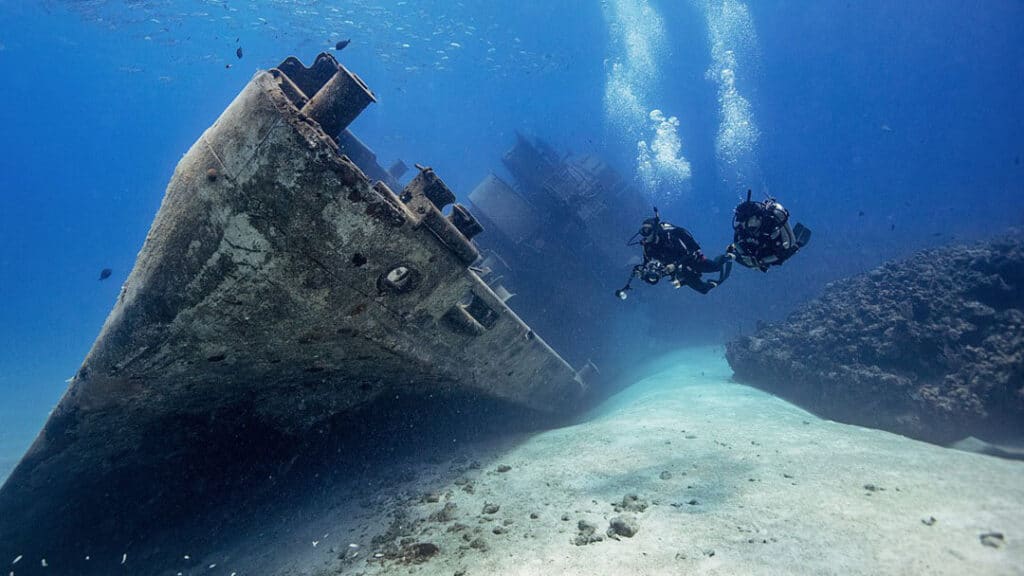
Famous Shipwrecks for Diving in Red Sea
Hurghada, located along the Red Sea coast, is not only renowned for its vibrant coral reefs but also for its fascinating shipwrecks. These underwater relics provide divers with a unique opportunity to explore history, marine life, and the eerie beauty of sunken vessels. Here are some of the most famous shipwrecks to discover while diving in Red Sea.
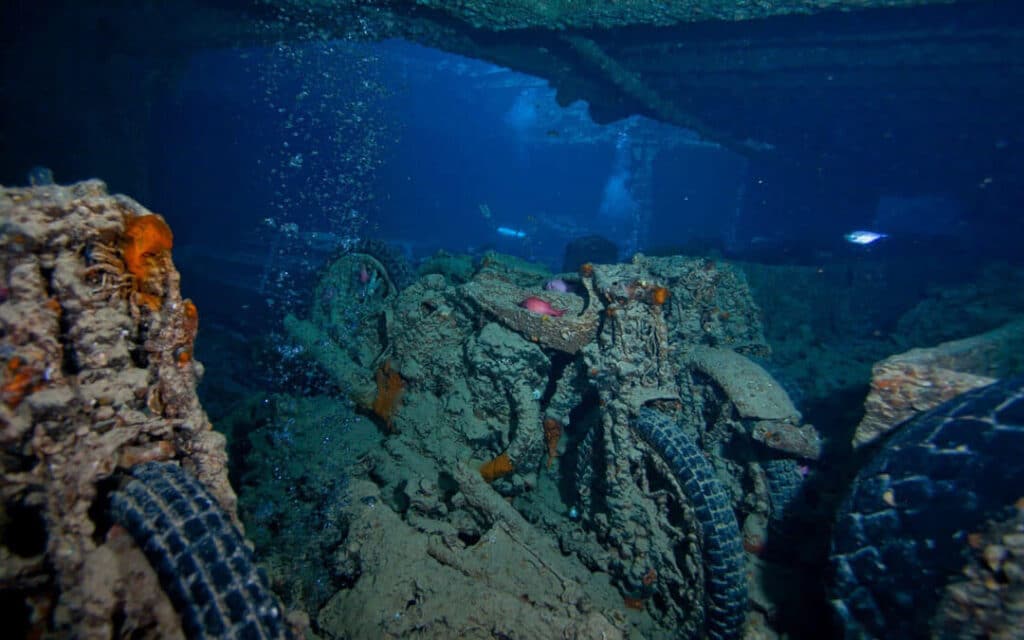
1. The SS Thistlegorm
One of the most iconic shipwrecks in the world, the SS Thistlegorm is a British cargo ship sunk during World War II in 1941.
– Location: Around 40 kilometers from Red Sea, near the Sha’ab Ali reef.
– Highlights:
– The wreck is filled with wartime cargo, including trucks, motorcycles, and rifles.
– Large schools of fish, including barracudas and groupers, have made it their home.
– The ship’s massive structure and well-preserved artifacts make it a must-see for advanced divers.
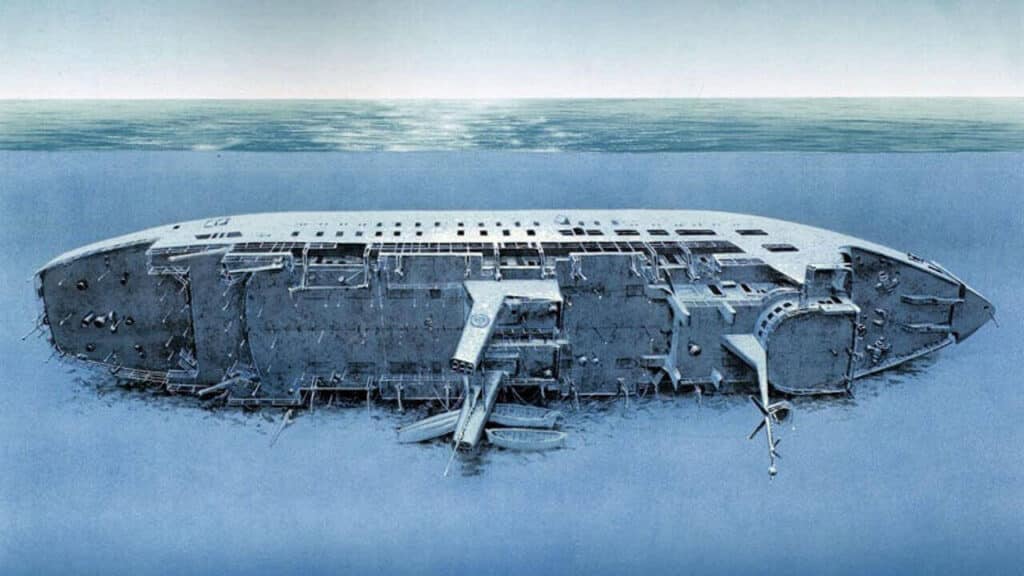
2. The Salem Express
This passenger ferry tragically sank in 1991, resulting in significant loss of life. Today, it’s one of the most visited wrecks near Red Sea.
– Location: Approximately 20 kilometers from Safaga, south of Red Sea.
– Highlights:
– The wreck lies on its side, with easy access to parts of the ship.
– Divers can see personal belongings and remnants of the ferry’s interior.
– While the site is haunting, it’s a poignant reminder of maritime history.
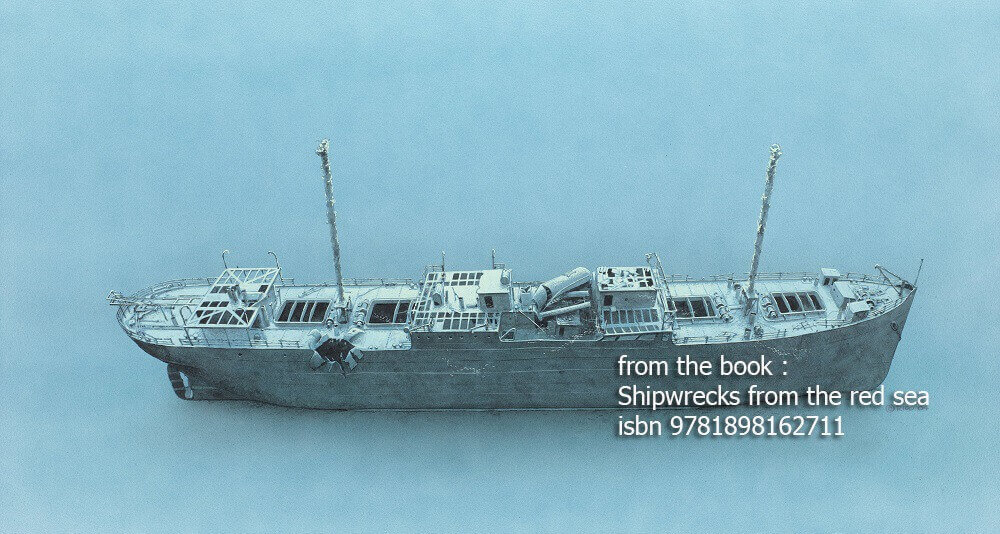
3. Rosalie Moller
Often overshadowed by the SS Thistlegorm, the Rosalie Moller is another World War II-era shipwreck worth exploring.
– Location: Situated near the Gubal Islands, about two hours by boat from Red Sea.
– Highlights:
– The ship is intact, with impressive features like its mast and propeller still visible.
– Advanced divers can explore the engine room and cabins.
– The site is rich with marine life, including snapper, jacks, and lionfish.
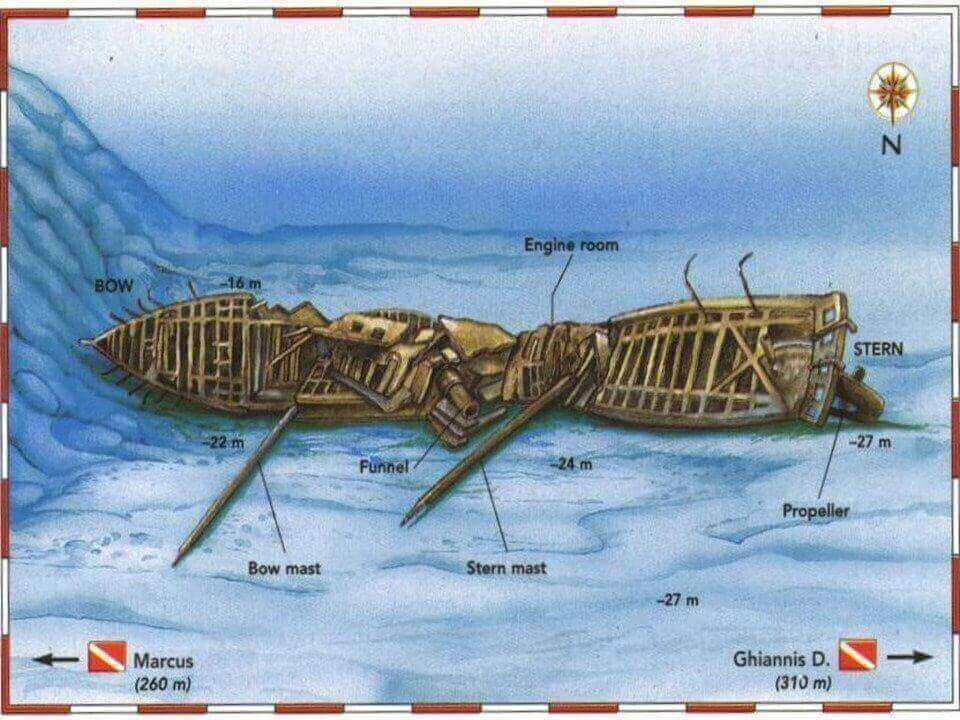
4. The Carnatic
Known for its beautiful structure and rich history, the Carnatic sank in 1869 after hitting a coral reef.
– Location: On the Abu Nuhas Reef, often referred to as the “Shipwreck Graveyard.”
– Highlights:
– The wreck is covered in coral, making it a stunning underwater sight.
– Divers can see its wooden beams and metal hull still intact.
– The site is home to a variety of marine life, including moray eels and reef sharks.
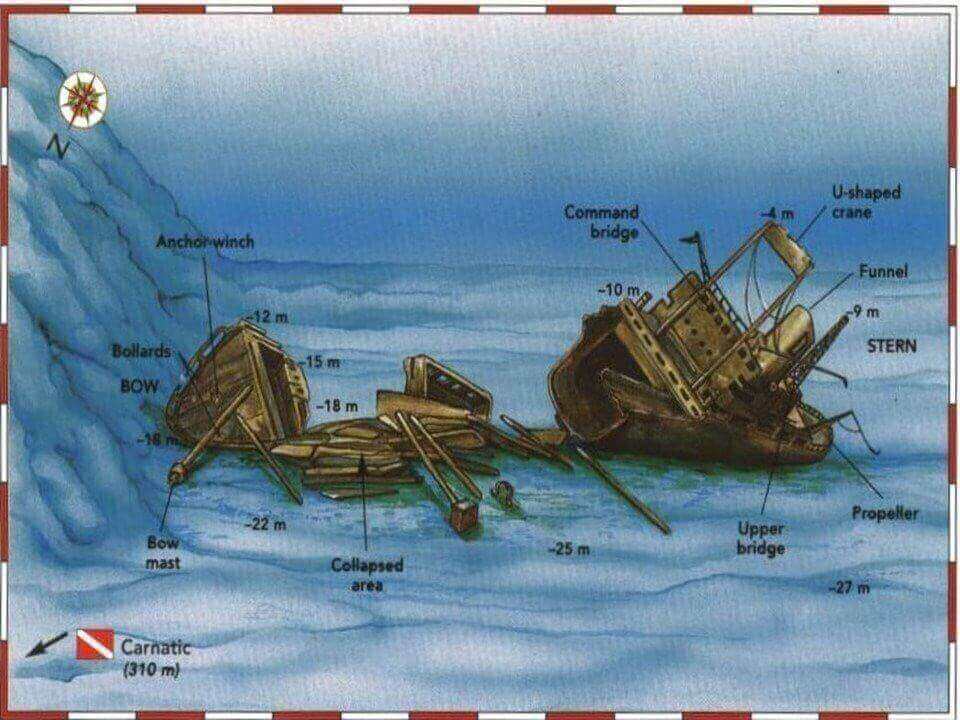
5. The Giannis D
A modern freighter that sank in the 1980s, the Giannis D is another Abu Nuhas wreck attracting divers from all over.
– Location: Abu Nuhas Reef, northwest of Red Sea.
– Highlights:
– The ship’s stern and engine room are open for exploration.
– Vibrant coral growth adorns the wreck.
– It’s popular for underwater photography due to its dramatic angles and marine life.
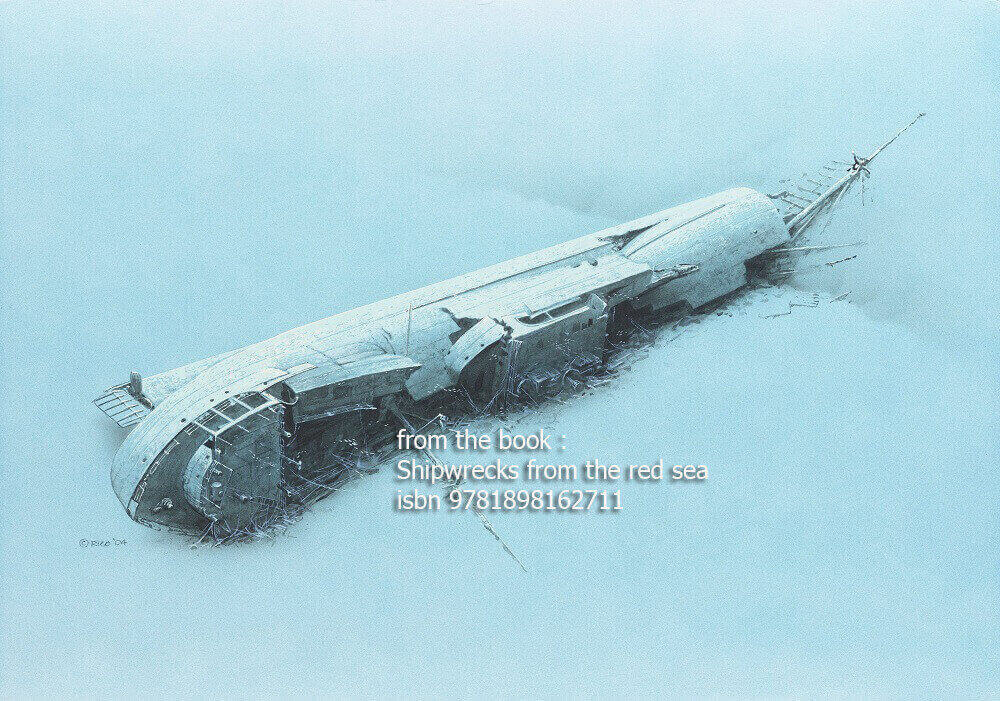
6. The Kimon M
Nicknamed “The Lentil Wreck” because of its cargo, the Kimon M sank in the 1970s and is part of the Abu Nuhas Reef wrecks.
– Location: Abu Nuhas Reef.
– Highlights:
– Divers can explore the twisted remains of the ship’s structure.
– Marine life, including glassfish and napoleon wrasse, thrive around the wreck.
– The site is suitable for intermediate to advanced divers.
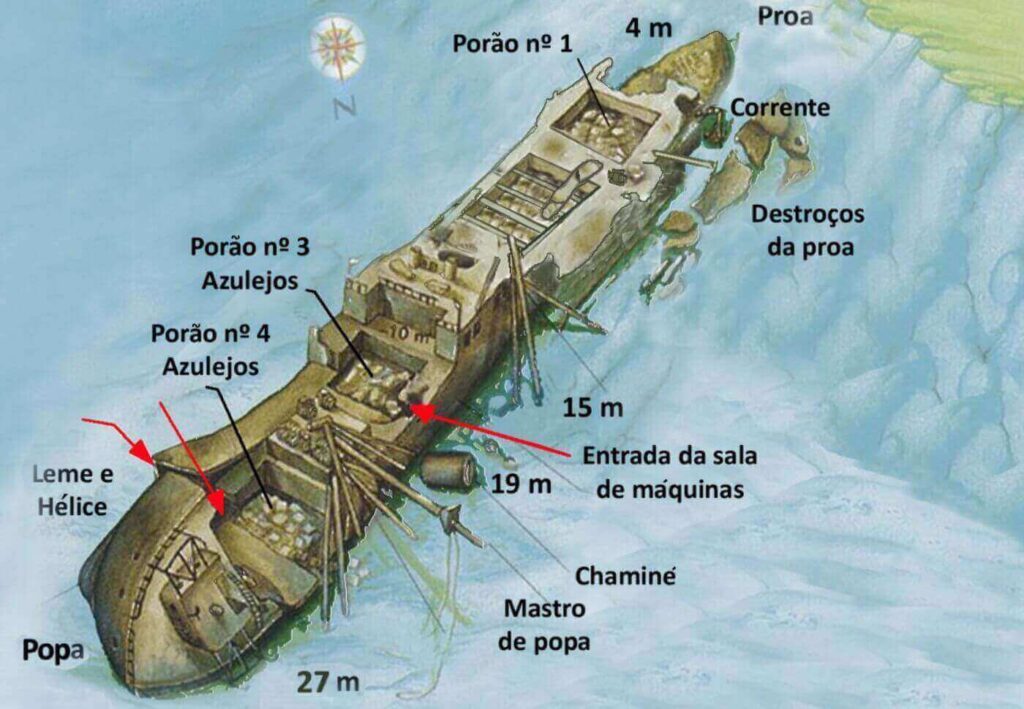
7. The Marcus (or Chrisoula K)
Often confused with other wrecks, the Marcus is a freighter that sank in 1981.
– Location: Abu Nuhas Reef.
– Highlights:
– The wreck’s interior is accessible, offering a glimpse of its cargo holds.
– The ship’s remains are beautifully encrusted with coral.
– Large schools of fish frequent the area, making it a favorite for divers.
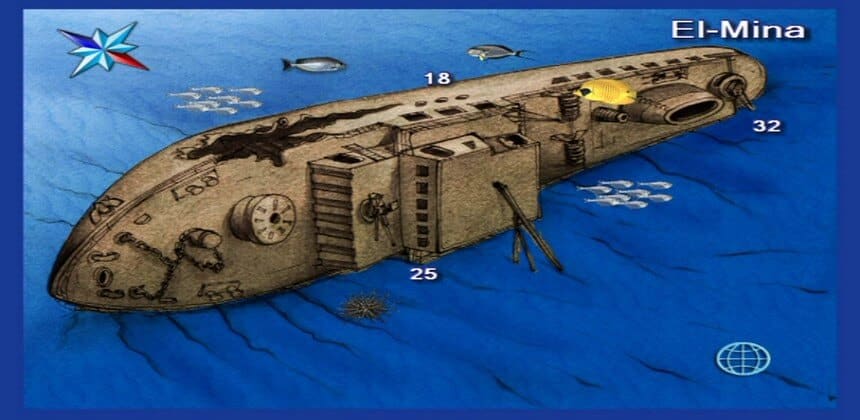
8. Wreck El-Mina
El Mina, an Egyptian minesweeper sunk by Israeli fighters in 1969, lies at a depth of 30 meters on a rocky seabed. While the wreck is only 70 meters long, strong northern currents and poor visibility can add to the challenge.
Highlights:
A large debris field with active munitions—observe, but do not touch.
A blast hole on the starboard side offers a glimpse inside, though entry elsewhere is not recommended.
Minimal coral growth, but rich marine life including glassfish, clownfish, jacks, and barracudas.
